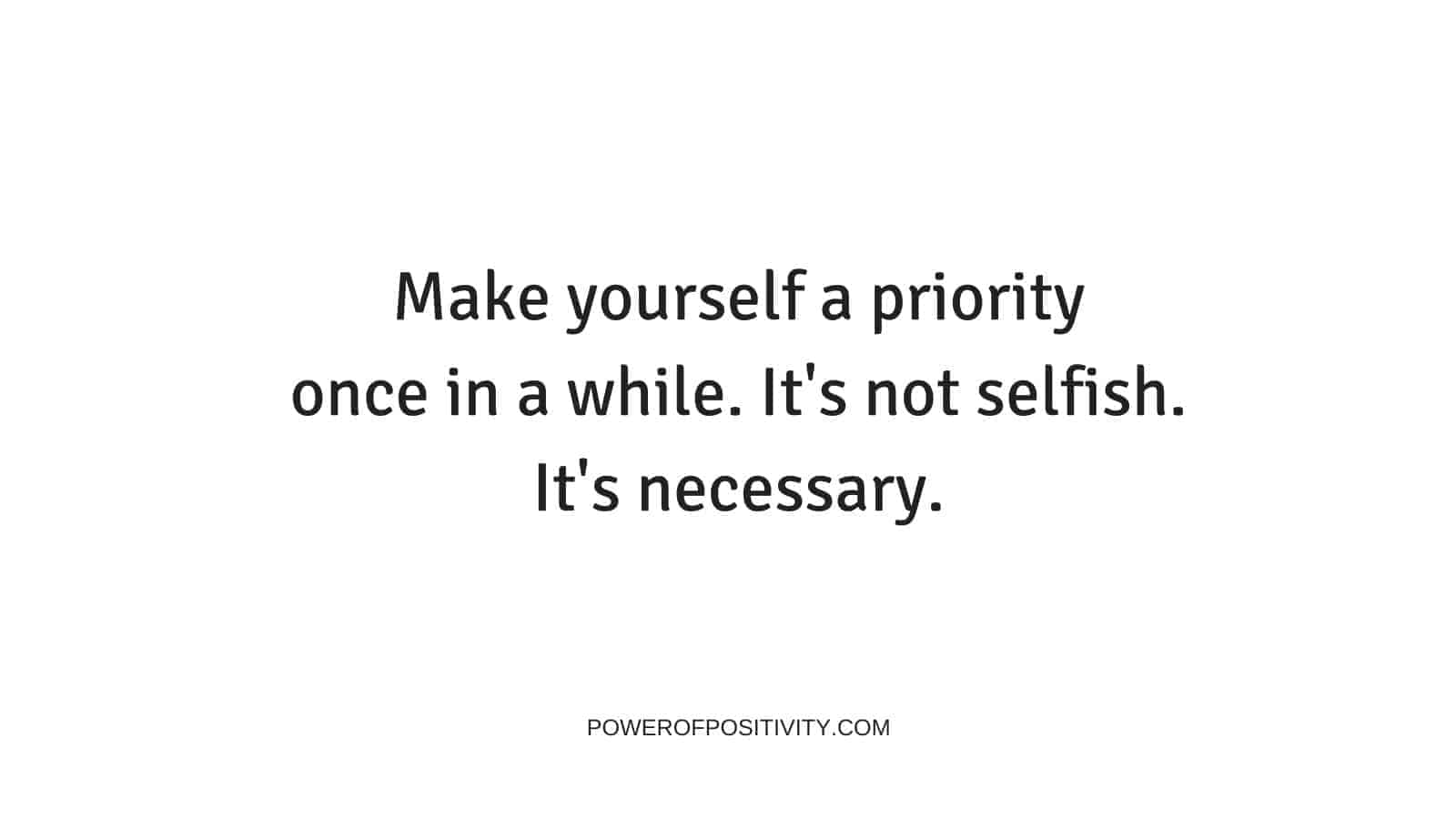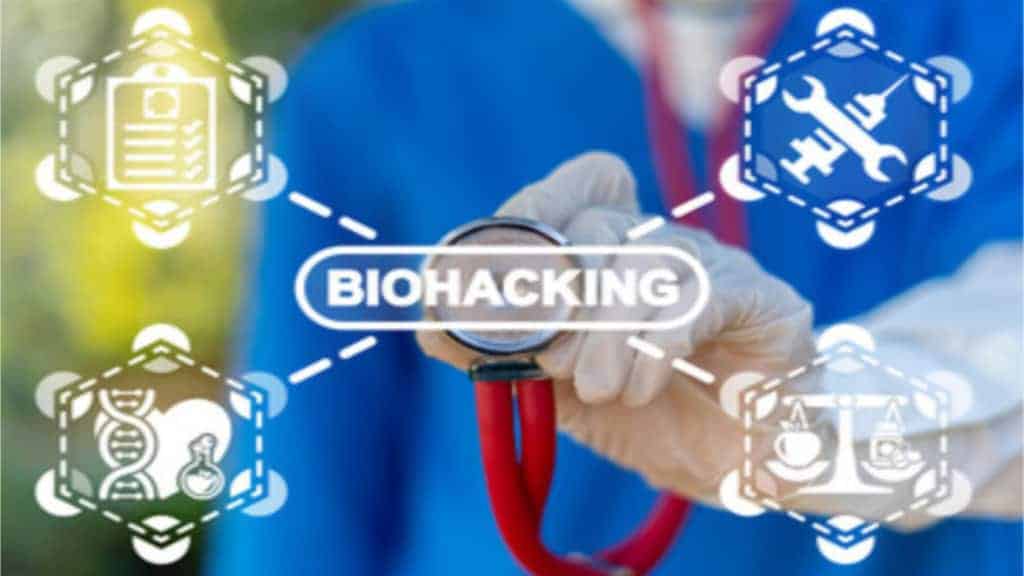If you suffer from attention-deficit/hyperactive disorder (ADHD), you understand the need to control it, or it can disrupt your life. Medication helps, but then you’re left to deal with the unwanted side effects. You may wonder if there are natural ways to bring your ADHD under control. So, what are ten natural remedies that work better than medicine for ADHD in adults?
What is ADHD?
If you have attention-deficit/hyperactivity disorder, you’ve faced challenges all your life. But, studies show many adults aren’t diagnosed with ADHD until later in life. Attention-deficit/hyperactive disorder produces patterns of an inability to pay attention, restlessness or hyperactivity, or impulsiveness.
1 – Difficulty paying attention
You get distracted when you’re doing things, so you may not finish what you were doing. You’re inconsistent in the follow through on tasks. Because it’s hard to stay focused, you’re always losing things. You understand what you need to do, but your busy brain can’t slow down enough for you to get the job done, or you just get distracted by something else.
2 – Restlessness
You can’t sit still. When you do sit down, you swing your foot, tap your hand on your desk or talk non-stop. You are restless, and other people say you make them tired.
3 – Impulsivity
You make rash decisions about money, time, and your commitments. In social situations, you interrupt or get impatient and frustrated when people don’t listen to you.
Causes of ADHD
It’s not understood what causes ADHD, but these factors may contribute to the cause:
- Genes-If your parents have ADHD, a good chance you will too
- Use of alcohol, cigarettes or drugs during pregnancy
- Environmental toxins exposure while pregnant
- Exposure to toxic metals while young
- Low birth weight
- Brain injury
ADHD isn’t as common in females as it is in males. If you have ADHD, you may also experience an anxiety disorder, learning problems, depression, or substance abuse.
The dangers of medicine for ADHD in adults
Medication can help you with your ADHD, but the side effects are bothersome. The main side effects include
- Insomnia
- Loss of appetite
- Headaches
- Stomach problems
- Irritability
- Moodiness
Long-term side effects can be more dangerous, including:
- High blood pressure
- Seizures
- Heat disease
- Irregular heartbeat
- Addiction
- Skin problems
Best natural remedies that work better than medicine for adults with ADHD
If you’re concerned about the side effects of your prescription medication, you may want to undergo treatment with the help of ADHD Treatment Services to help control your ADHD. Studies show that although prescribed medication can improve ADHD symptoms, approximately 20%-30% of people who are treated with these meds can’t tolerate the side effects. Because of the concerns over the safety and the effectiveness of prescribed drugs, researchers are looking into natural treatments such as herbal medicines, vitamins, minerals, botanicals, and amino acids. Therapy can also be effective. Here are ten natural remedies that work as well as medicine for ADHD.
1 – Bacopa
Bacopa is a tropical plant, also known as water hyssop. It’s been used for centuries to improve memory and focus. Studies found that Bacopa helps kids with ADHD by improving their memory and concentration. It has antioxidants that can help regulate the dopamine in your brain, which enhances brain function. It should be taken for only a short term time. Talk to a naturopath for specific instructions on how much to take and how long to take it. For the most part, patients who take it have few side effects. But if you experience any of these side effects, stop taking it.
- Slowing down your heart rate
- Gastro problems-blockages
- Ulcers in your stomach
- Lung problems such as asthma
- Thyroid problems-don’t take Bacopa if you are on thyroid meds
- Urinary tract problems
It’s also used for Alzheimer’s disease since it improves memory and anxiety, which are so common for these patients. Researchers are still learning about Bacopa. Not all doctors feel it’s totally safe.
2 – Pycnogenol
Taken from a French Maritime pine tree’s bark, pycnogenol is packed with antioxidants that boost your immune system, compounds that protect your heart, and anti-inflammatory properties. Clinical studies on pycnogenol found that it improves ADHD symptoms, especially reducing hyperactivity symptoms and distractibility. Take 50 milligrams a day for the best results. Most people don’t experience side effects from pycnogenol, but if you experience any of these, stop taking it immediately.
Possible side effects
- Fatigue
- Dizziness
- Vertigo
- Gastro problems
- Nausea
- Headache
- Irritability
- Drowsiness
- Ulcers in your mouth
- Skin problems
- Urinary problems
If you have an autoimmune disease, don’t take pycnogenol since it stimulates your immune system. Don’t take it is you are pregnant or being treated for cancer.
3 – Ginkgo biloba
Ginkgo biloba is from the nut of a tree grown in East Asia. It’s known for its memory-enhancing abilities are used to treat dementia patients and people with memory problems. Studies have found that ginkgo is also helpful for ADHD, especially when you combine it with ginseng. The study found that taking a maximum daily dose of 240 mg of ginkgo for 3–5 weeks improved ADHD symptoms
Ginkgo side effects include:
- Stomach problems
- Gastro problems
- Headaches
- Dizziness
- Irregular heartbeat
- Blood-thinning
Dangerous interactions
Avoid ginkgo if you have seizures. It can make them worse. Never eat ginkgo seeds, they are poisonous. Ginkgo may cause bleeding, so don’t take it. You’re older or pregnant. Don’t take it with Ibuprofen since they both thin the blood. Always talk to your naturopath before taking any herb such as ginkgo. They will give you the correct dosage and warn you of any dangers.
4 – Ginseng
Ginseng has been used as medicine for centuries. It’s a root from a plant found in Asian countries, and in the U.S. Many people feel that the Asian ginseng is safer than the American ginkgo. It’s the one most recommended for ADHD. It’s been proven to help those with ADHD boosting brain performance. It has other benefits such as
- Improves your brain’s ability to function
- Helps reduce inflammation
- Boosts your immune system
- Boosts your energy
- Lowers blood sugar
- Cancer-fighting properties
- Helps you fight off flu
- Slows down aging
- Improve your heart
5 – Exercise
A lack of exercise is poor for your brain, especially if you have ADHD. Physical exercise reduces the severity of your ADHD symptoms and improves your ability to focus and think clearly. Get your heart pumping with cardio exercises such as jogging, bodybuilding, swimming, or kickboxing. Heart pumping exercises get oxygen flowing through your blood and into your brain, which enhances your brain function and your mood.
 6 – Healthy diet
6 – Healthy diet
Eating a healthy diet is your best defense in living with ADHD. Maintain a healthy diet, evading three meals a day. Choose foods from these lists:
- Proteins-Eggs, meat, and cheese Omega-3 rich foods like fish boost your brain function.
- Whole grains-Whole grain pasta and bread, brown rice, oats, quinoa, or barley are packed with B vitamins.
- Vegetables-Choose reds, oranges, and yellow veggies. Greens like kale, broccoli, or romaine lettuce.
- Nuts and seeds–walnuts, almonds, and sunflower seeds.
- Dairy-Greek yogurt, kefir, and almond milk or coconut milk.
Limit alcohol since it’s a depressant. Avoid sugary foods and high-fat foods since they cause weight gain and make you feel sluggish.
Foods to avoid:
Food coloring dyes should be avoided. Food coloring dyes can cause hyperactivity. The colors are in many foods you eat. Before you buy food, read the label to see if they contain food colorings or dyes. Typical foods with dyes or colorings include:
- Vitamins
- Toothpaste
- Hard candies
- Sports drinks
- Fruit chews
- Cereals
- Barbeque sauce
- Gelatins-jello
- Popsicles
- Cake mixes or icings
- Baked goods with sprinkles or icings
7 – Yoga
Yoga helps you stay calm and learn to focus. It’s a great way to reduce stress and shut off the outside noises. Find a good yoga group to join and learn how to help your mind as well as your body relax and find peace.
8 – Community support
Having family and friends to encourage and support you is critical if you struggle with ADHD. Be sure you let them know when you’re having a downtime so they can help you. There are also ADHD support groups that offer excellent community support. The people in these groups are just like you. It’s good to have someone to talk to who understands what you’re going through since they’re going through it, too.
9 – Valerian
Valerian is another herb that helps control ADHD. ADHD sufferers taking valerian found relief from insomnia, anxiety, and restlessness. It also helps you stay focused and controls your hyperactivity. It’s thought to be safe, but as with any herb, you should talk to your naturopath before taking it. They will suggest the proper dose and warn you of any side effects.
10 – Get outside
Being outside in nature is a great way to calm your mind. Hiking or walking through a fresh, green forest where all you hear are bird chirps, and bee buzzes boost your mood and clear your mind. Fresh air and sunshine are natural medicines for your soul and body. Try to walk outside every day. It’s better than a cure for ADHD any day.
Other things that can help ADHD
- Magnesium
- Vitamin B6
- Zinc
- Essential fatty acids
- Amino acids
Famous people with ADHD
Remember, you’re never alone in your battle with ADHD. Some people struggle; some of them are well known. Check out this list of well-known folks who have ADHD.
- Justin Timberlake
- Howie Mandel
- Ty Pennington
- Adam Levine
- Michael Phelps
- Simone Biles
- Paris Hilton
- will. I.am
- Michael Jordan
 Final thoughts on skipping medicine for ADHD in adults
Final thoughts on skipping medicine for ADHD in adults
If you can find the right combination of therapies from the list above, you will be able to skip medicine for ADHD. Check with your physician before you begin any herbal remedies. It will take trial, error, and diligent therapy, but relief is around the corner.




















